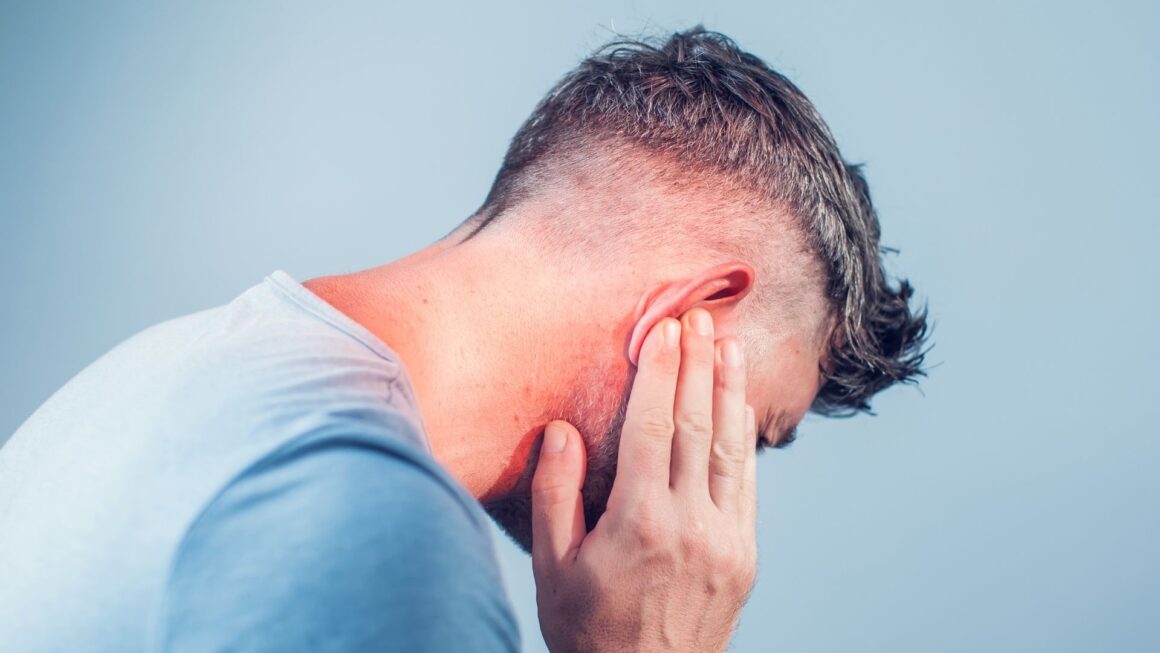The term otorrhea is used to describe any fluid that drains from the ear. The fluid can be of different types and colours, such as yellowish or brownish earwax or clear liquid, blood. It is common among children, but adults can also be affected.
This article will discuss the causes of ear drainage, when you should see a physician, and how to treat this condition. This article will cover some of the most frequently asked questions regarding ear discharge.
Causes and Treatment of Ear Discharge
There are many other possible causes of ear discharge. Here are a few possible causes of ear infection:
Foreign object stuck in the ear canal
Children are more likely to experience ear discharge due to foreign objects lodged in their ear canals. The ear canal can be infected by small items like ear stickers or beads. Other symptoms can include a full feeling in the ear canal, decreased hearing and, in some cases bleeding.
External ear infection
Otitis externa, also known as swimmer’s ears, is an infection in the outer ear canal. This infection can be caused by bacteria or even fungi. You may also experience ear discharge, redness, swelling and itching of the ear canal.
Middle Ear Infection
A middle-ear infection is caused by fluid building up behind the eardrum. This can be due to bacteria or virus. Pressure behind the eardrum can cause pain, loss of hearing and irritation. In severe cases, a ruptured eardrum can cause ear discharge, and even some bleeding.
Ruptured Eardrum
The ruptured eardrum may also cause ear discharge. Inserting cotton swabs or other objects too deeply in the ear canal can cause a ruptured eardrum. Sudden changes in air pressure and certain conditions of the middle ear (e.g. Cholesteatoma or loud noises can rupture the eardrum.
The rupture of the eardrum can cause bleeding and fluid to be released from the middle ear. Other symptoms include tinnitus, dizziness, and sharp ear pain.
Head Trauma
The discharge from the ear after a head injury is usually clear and watery. Trauma to the head and ear can cause damage to the eardrum, or the surrounding structures.
Head trauma can cause severe headaches, nausea, confusion or hearing loss. In such cases, it is vital to seek immediate medical attention.
Nasopharyngeal cancer
Nasopharyngeal carcinoma is another reason for ear discharge. It’s usually a thick, foul-smelling, pus. This rare, but serious cancer originates from the nasopharynx tissue which connects the rear of the nose with the rear of the mouth.
This cancer can also cause tinnitus and other symptoms such as hearing loss, ear swelling, or persistent ear infections. Other signs are a lump in the neck that is not painful, headaches and nosebleeds.
Seek Medical Attention for an Ear Discharge
In mild cases of ear discharge, medical evaluation may be necessary. Visit your doctor as soon you notice any of these symptoms.
- Persistent or worsening ear discharge
- Pain or swelling in the ears
- High fever
- Hearing loss or changes to hearing
- Bloody discharge or foul-smelling
- Dizziness and balance problems
How to treat Ear Discharge
Treatment for ear discharge is dependent on its underlying cause. The discharge will usually resolve naturally in a few weeks if it is caused by an ear infection, or minor rupture of the eardrum. If the condition persists, however, a doctor will prescribe antibiotic drops to treat the infection.
In severe cases, surgical repair of the ruptured eardrum may be required. A doctor may need to carefully remove a foreign body from the ear canal if the discharge is due to a ruptured eardrum.
If the discharge is due to head trauma, then you will be sent to a hospital where further treatment and evaluation can take place.
FAQs About Ear Discharge
How can otorrhea be diagnosed?
Doctors can diagnose otorrhea using an otoscope. They will check the ear for any drainage or ruptured eardrum. You may be asked about your symptoms, past medical history and recent injuries. Some cases may require additional tests such as imaging tests, blood tests or a sample from the discharge to be analyzed in a lab.
How long can otorrhea persist?
The cause of the otorrhea will determine its duration. Minor infections and injuries can cause discharge that resolves within a couple of days.
However, more serious conditions such as severe infections or ruptured ears may require longer treatment. If you experience ear drainage that lasts more than 3 days, see your doctor right away.
Can I prevent ear discharge?
Good ear care can reduce the risk of ear infection, the primary cause of ear discharge. The habits include gently drying the outer ear with a soft towel after bathing or swimming, avoiding inserting objects like cotton swabs and fingers into the ear and protecting the ears against loud noises and trauma.



